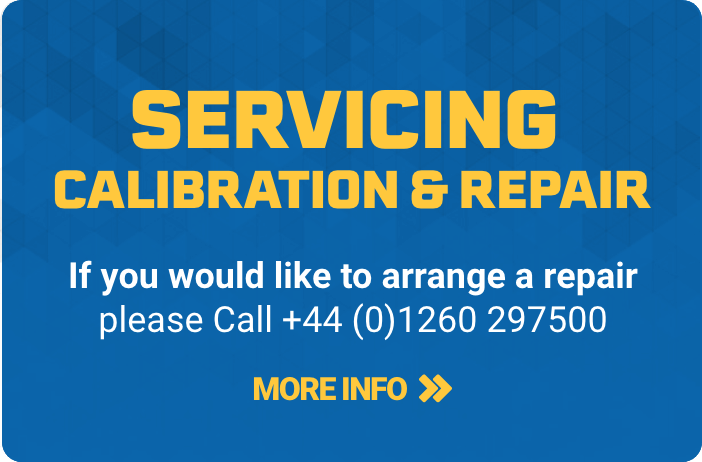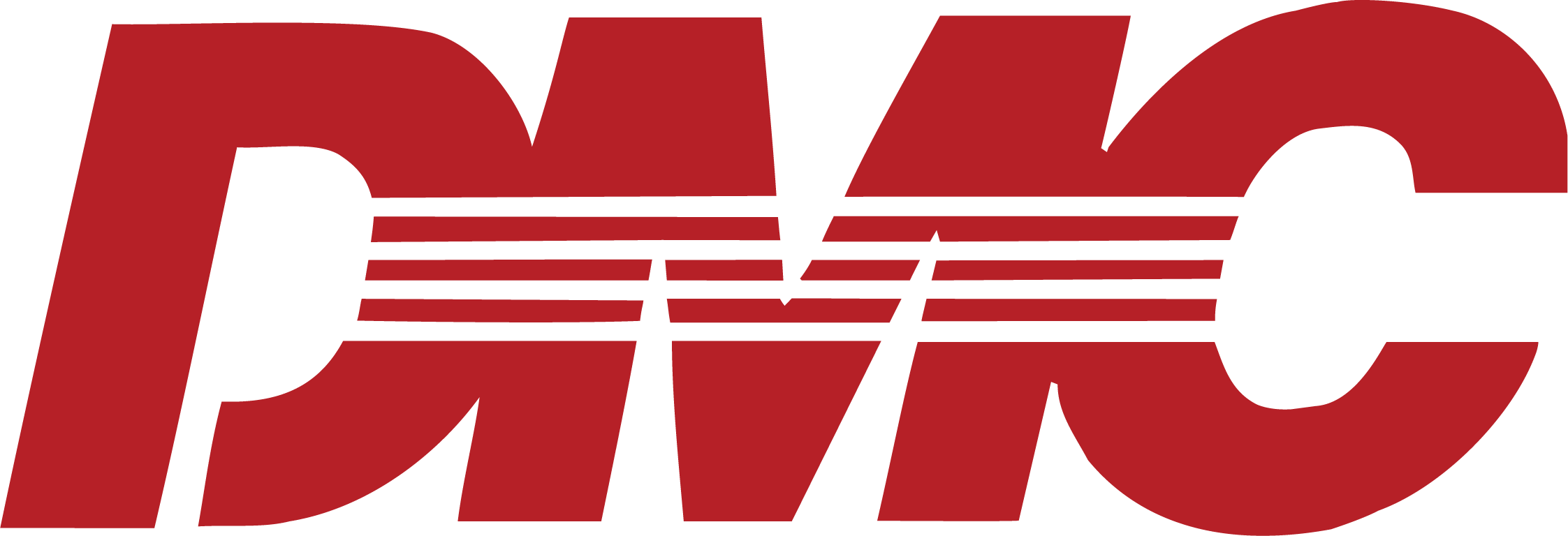Choosing the right tools for the job is needed for professionals.
Understanding whether to use hand tools vs power tools can significantly impact the efficiency, safety, precision, and cost of a project.
This article compares these two main types of tools, aiming to help you determine which is best suited for various tasks.
We will explore factors such as efficiency, safety, precision, power, scale of project, cost, and automation.
Efficiency
Efficiency in tool usage refers to how quickly and effectively a tool can complete a task.
Power tools generally excel in this area due to their motorised capabilities, allowing for faster completion of tasks that require repetitive or high-force actions.
For instance, power drills can drive screws much faster than manual screwdrivers, saving considerable time on large projects.
However, hand tools offer their efficiency advantages in tasks requiring fine control and dexterity.
For example, detailed woodworking or delicate repairs often benefit from the precision and tactile feedback that hand tools provide.
When choosing based on efficiency, consider the nature of the task and whether speed or control is more appropriate.
Safety
Tool safety is a major concern when using any type of tool.
Power tools come with specific safety risks, such as the potential for electric shocks, high-speed moving parts, and the need for protective gear to avoid injuries.
Common safety features in power tools include automatic shut-offs, blade guards, and anti-kickback mechanisms.
Hand tools, while generally safer, are not without their risks.
Improper use can lead to repetitive strain injuries, cuts, and bruises.
Safe use involves regular maintenance, proper handling techniques, and wearing appropriate protective equipment.
Understanding the safety features and risks associated with each tool type can help you work more safely and effectively.
Precision
Tool precision is required for tasks requiring detailed and accurate work.
Hand tools typically offer more control, making them ideal for fine craftsmanship, detailed repairs, and projects where exact measurements are essential.
For example, a hand saw provides more nuanced control than a circular saw, which is used for intricate cuts.
Power tools have made significant advancements in precision with features such as laser guides, adjustable settings, and stabilisation technology.
These allow power tools to perform tasks that require high accuracy, often surpassing the capabilities of hand tools.
When high precision is needed, power tools equipped with modern technology can be a valuable asset.
Power
Power tools are known for delivering more force with less manual effort, making them ideal for tasks that require substantial power.
Power drills, saws, and sanders powered by electricity or batteries can perform heavy-duty work that would be exhausting and time-consuming with hand tools.
This is especially beneficial for large-scale projects or tasks involving hard materials.
Despite their lower power, hand tools can be sufficient for smaller tasks and projects where finesse and control are needed than brute strength.
For instance, a screwdriver is perfectly adequate for assembling furniture or minor repairs.
Assessing the power requirements of your projects can guide you in selecting the appropriate tools.
Scale of Project
The scale of a project significantly influences tool selection.
For large-scale projects involving heavy-duty tasks, power tools are often the preferred choice due to their ability to handle extensive work quickly and efficiently.
Projects like home renovations, construction, or significant repairs benefit from the power and speed of tools like power saws and drills.
In contrast, hand tools are well-suited for small-scale projects or tasks requiring detailed work.
Crafting, small repairs, or any job where precision and control are paramount will benefit from hand tools.
Balancing your tool choice based on project size and complexity means that you use the most appropriate tools for the job.
Cost
Cost is a significant factor when deciding between hand tools and power tools.
Hand tools are generally more affordable upfront, with lower purchase prices and minimal maintenance costs.
For tradespeople on a budget or those needing tools for occasional use, hand tools can be a cost-effective option.
Power tools, while typically more expensive, offer long-term value through increased efficiency and capability.
They often require a higher initial investment and ongoing maintenance, such as battery replacements or repairs.
However, for frequent or professional use, the productivity gains can outweigh these costs.
Consider your budget and the long-term use of the tools when making your decision.
For example, a hammer hand tool might be cheaper upfront, but an air hammer power tool could offer better performance and efficiency over time.
Automation
Automation is an emerging trend in the tool industry, particularly within power tools.
Automated tools, such as programmable drills or laser-guided saws, offer significant benefits for repetitive tasks, reducing manual effort and improving consistency.
These tools can improve productivity, especially in large-scale projects where uniformity and speed are required.
Despite these advances, traditional hand tools remain relevant, particularly for tasks requiring a personal touch or high levels of control.
Carving, intricate detailing, and other precision tasks often benefit from the direct interaction provided by hand tools.
Understanding where automation can benefit your work and where manual control is preferred helps in selecting the right tools.
In summary, both hand tools and power tools have their unique advantages and applications.
The choice between them depends on the specific needs of your projects, considering factors like efficiency, safety, precision, power, project scale, cost, and automation.
Hand tools offer control and precision for detailed work, while power tools provide speed and power for larger tasks.
Assess your project requirements to make informed decisions and invest in the right tools.
Whether you need the finesse of a hand tool or the power of a modern device, understanding these aspects will guide you towards the best choice for your needs.
If you need assistance selecting the right tools, feel free to contact us for expert advice.






















